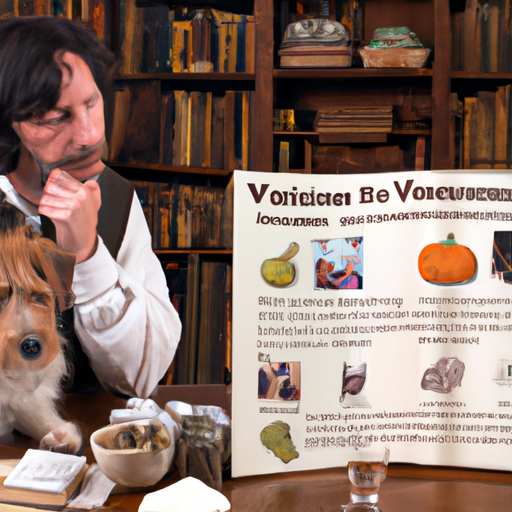As a loving and responsible pet owner, seeing your dog throwing up can be a cause for concern. This guide will provide you with practical information to help your furry friend feel better.
1. Understanding Why Dogs Vomit
Vomiting in dogs can be caused by various factors such as:
- Eating too fast: This can cause your dog to throw up their food soon after eating.
- Consuming indigestible substances: Dogs are curious creatures and can eat things they shouldn’t.
- Gastrointestinal illness: This could be due to infections or diseases.
- Other health issues: such as kidney or liver disease.
Knowing the potential cause can help you determine the best course of action.
2. Home Remedies for Dog Vomiting
Before rushing to the vet, there are some at-home remedies you might want to try:
- Fasting: Allow your dog’s stomach to rest by not giving them any food for a few hours.
- Hydration: Ensure they have plenty of fresh water to prevent dehydration.
- Bland diet: Gradually reintroduce food, starting with a bland diet of boiled chicken and rice.
However, it’s important to monitor your dog closely. If their condition doesn’t improve or worsens, seek immediate veterinary attention.
3. Over-the-Counter Solutions
There are several over-the-counter solutions that can help:
- Pepto-Bismol: This can soothe your dog’s stomach and help with digestion.
- Pumpkin: This is a good source of fiber and can help regulate digestion.
Here is a table to guide dosages:
| Weight | Pepto-Bismol | Pumpkin |
|---|---|---|
| Under 5 lbs | Consult a vet | 1-2 tsp |
| 5-35 lbs | 1 tsp | 1-2 tbsp |
| Over 35 lbs | 1 tbsp | 2-5 tbsp |
Remember, these are just guidelines. Always consult with a vet before administering medication.
4. When to Seek Vet Attention
If your dog continues vomiting, it’s time to seek professional help. Signs that you should immediately contact a vet include:
- Vomiting continues for more than a few hours.
- Your dog appears lethargic or overly tired.
- Blood in the vomit.
- Your dog is unable or unwilling to eat or drink.
5. Prevention is Better than a Cure
To prevent future episodes, consider these tips:
- Feed your dog smaller, more frequent meals.
- Monitor your dog to ensure they’re not eating anything harmful.
- Regular vet check-ups to catch potential health issues early.
Frequently Asked Questions
Q: How long should I let my dog fast?
A: Typically, a 12-24 hour fast is recommended for adult dogs.
Q: When should I reintroduce food?
A: Start with a bland diet after the fasting period, and gradually reintroduce their regular food over a few days.
Q: Can I give my dog human anti-nausea medication?
A: Always consult with a vet before giving your dog any medication.
Remember, as a caregiver, your intuition is often right. If something doesn’t seem right, it’s always best to consult with a professional.



